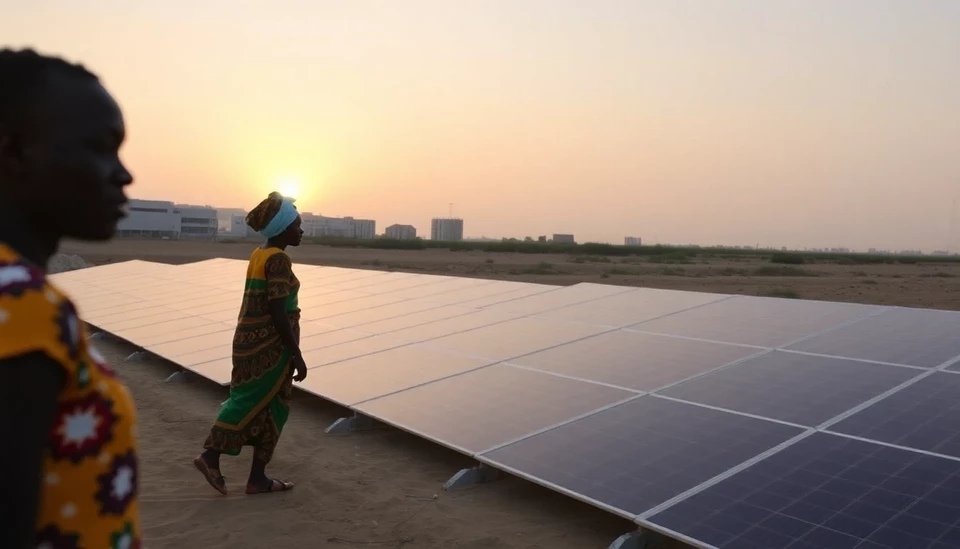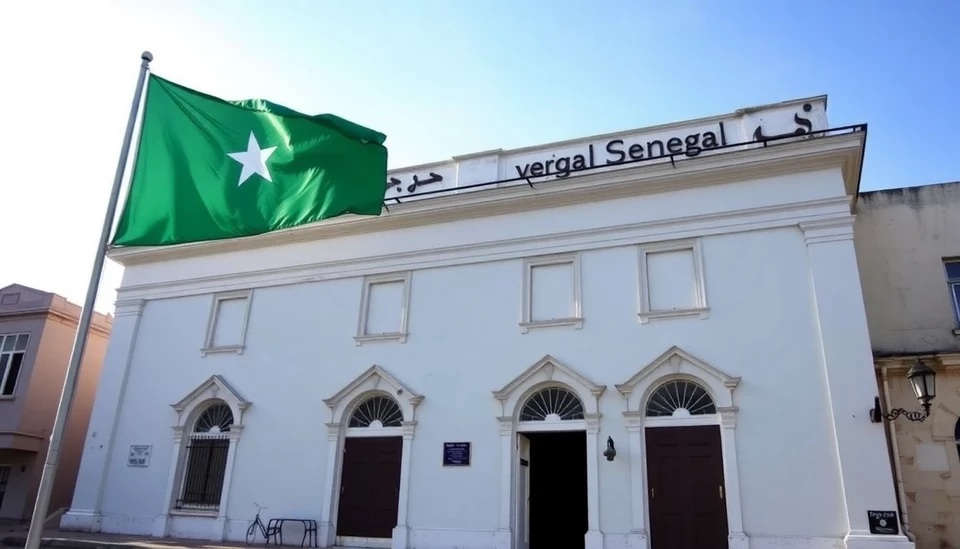
In a bold move towards sustainability, Senegal is anticipated to commit to an extensive $2.7 billion plan aimed at transforming its economy and reducing reliance on fossil fuels. This strategic initiative emerges from rising global demands for cleaner energy and a sustainable environment, positioning Senegal as a future leader in green transitions across the African continent.
Scheduled for announcement during the Climate Finance Mobilization Conference later this week, this initiative signifies a pivotal shift in Senegal's energy strategy, aligning with international climate goals. The plan is expected to incorporate a range of renewable energy projects, focusing on solar and wind installations that will harness the country’s abundant natural resources.
The Senegalese government is collaborating with various stakeholders, including international financial institutions, to secure funding and support for this monumental transition. The comprehensive approach aims not only to bolster energy security but also to stimulate local job creation and drive economic growth, promising a sustainable future for its citizens.
Officials cite that transitioning to renewable energy sources is not merely an environmental necessity but a financial imperative. By reducing dependency on imported fossil fuels, Senegal hopes to enhance its energy independence while significantly lowering its greenhouse gas emissions. This commitment aligns with global efforts to mitigate climate change and showcases Senegal's dedication to fulfilling its commitments under the Paris Agreement.
The proposed projects within the $2.7 billion plan will likely include extensive infrastructure developments, educational programs to foster local expertise in renewable technologies, and incentives to boost private sector participation. Furthermore, the plan emphasizes local capacity building, ensuring that Senegalese businesses and workers play a vital role in the green economy.
This initiative is not only about addressing climate change but also about ensuring that the socio-economic aspects of the transition are considered. Senegal plans to engage with local communities throughout the planning and implementation processes to ensure transparency and inclusiveness, further solidifying democratic governance.
As the announcement date approaches, anticipation is building among environmentalists and financial analysts alike, who view Senegal's plan as a potential model for other developing nations. With renewable energy projected to create millions of jobs globally, Senegal’s proactive steps could inspire similar efforts in neighboring countries and beyond.
The $2.7 billion green transition plan thus represents a critical opportunity for Senegal to not only define its future but also contribute meaningfully to the global fight against climate change. It underscores a significant commitment to sustainability and could pave the way for transformative changes that resonate well beyond its borders.
As the world increasingly turns its attention toward sustainable practices, Senegal's initiative may serve as an illustration of how developing nations can lead the way in climate action, creating a powerful precedent for collective global efforts toward a greener future.
#Senegal #GreenTransition #RenewableEnergy #ClimateAction #SustainableDevelopment #AfricanLeadership #CleanEnergy
Author: Sophie Bennett




